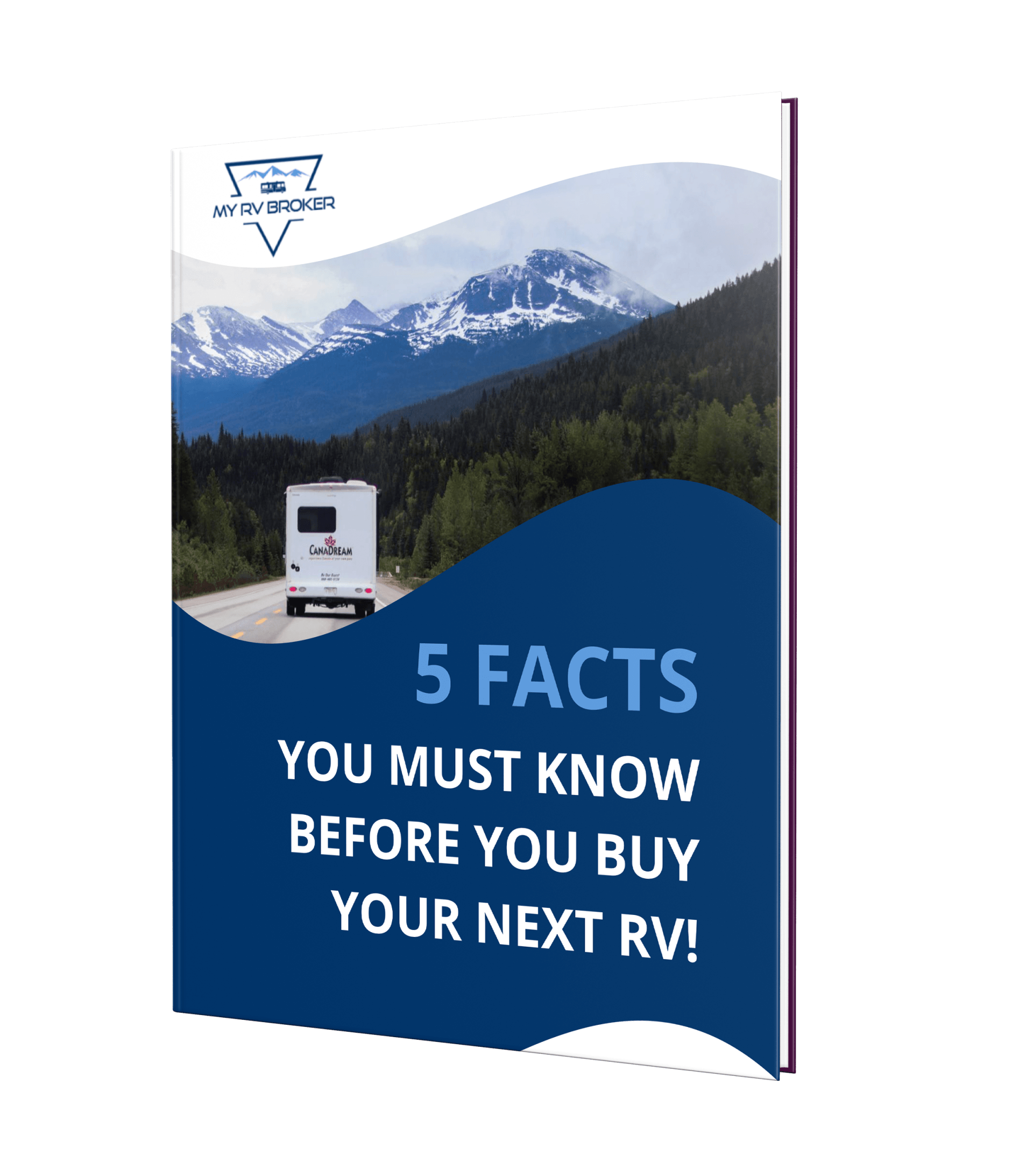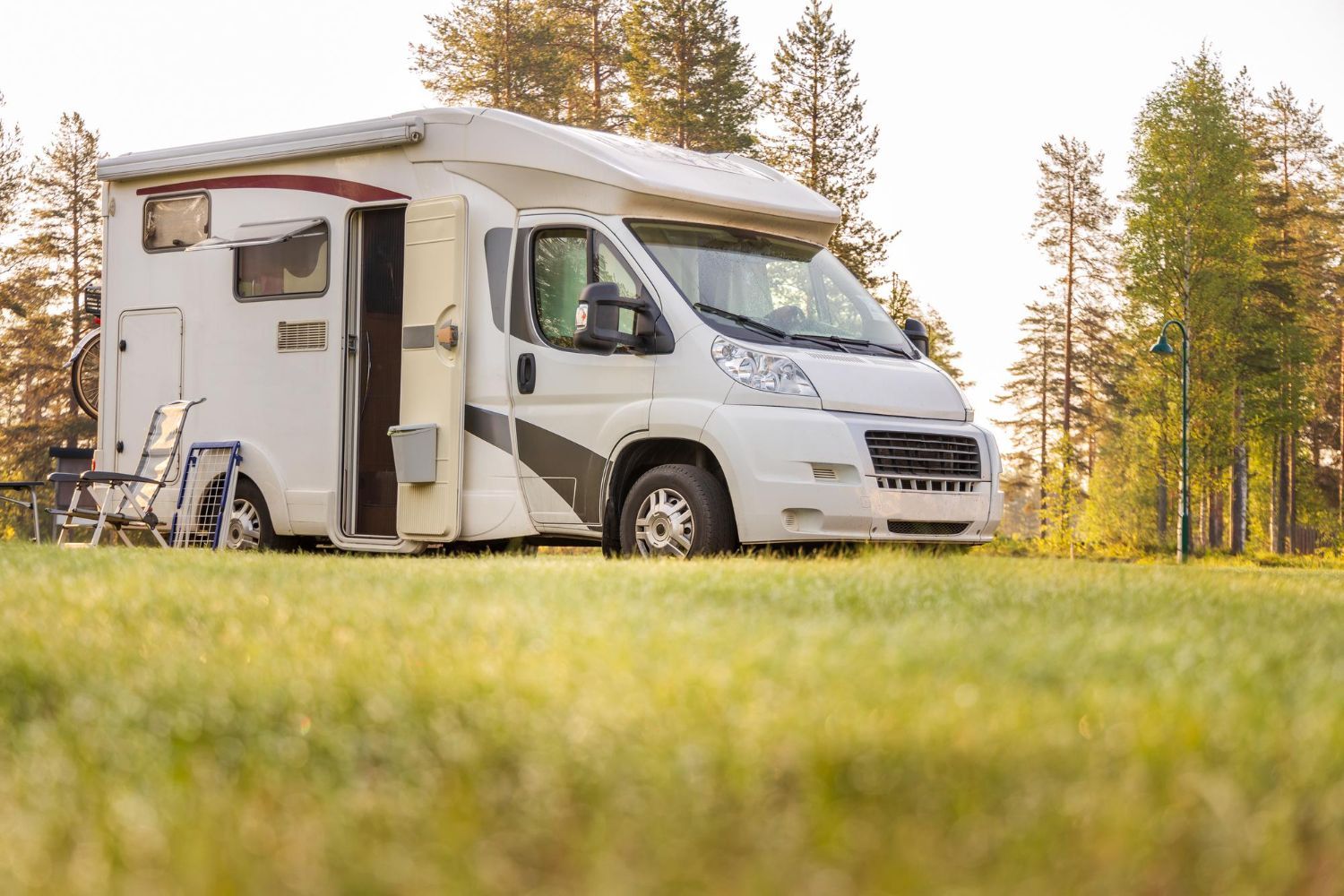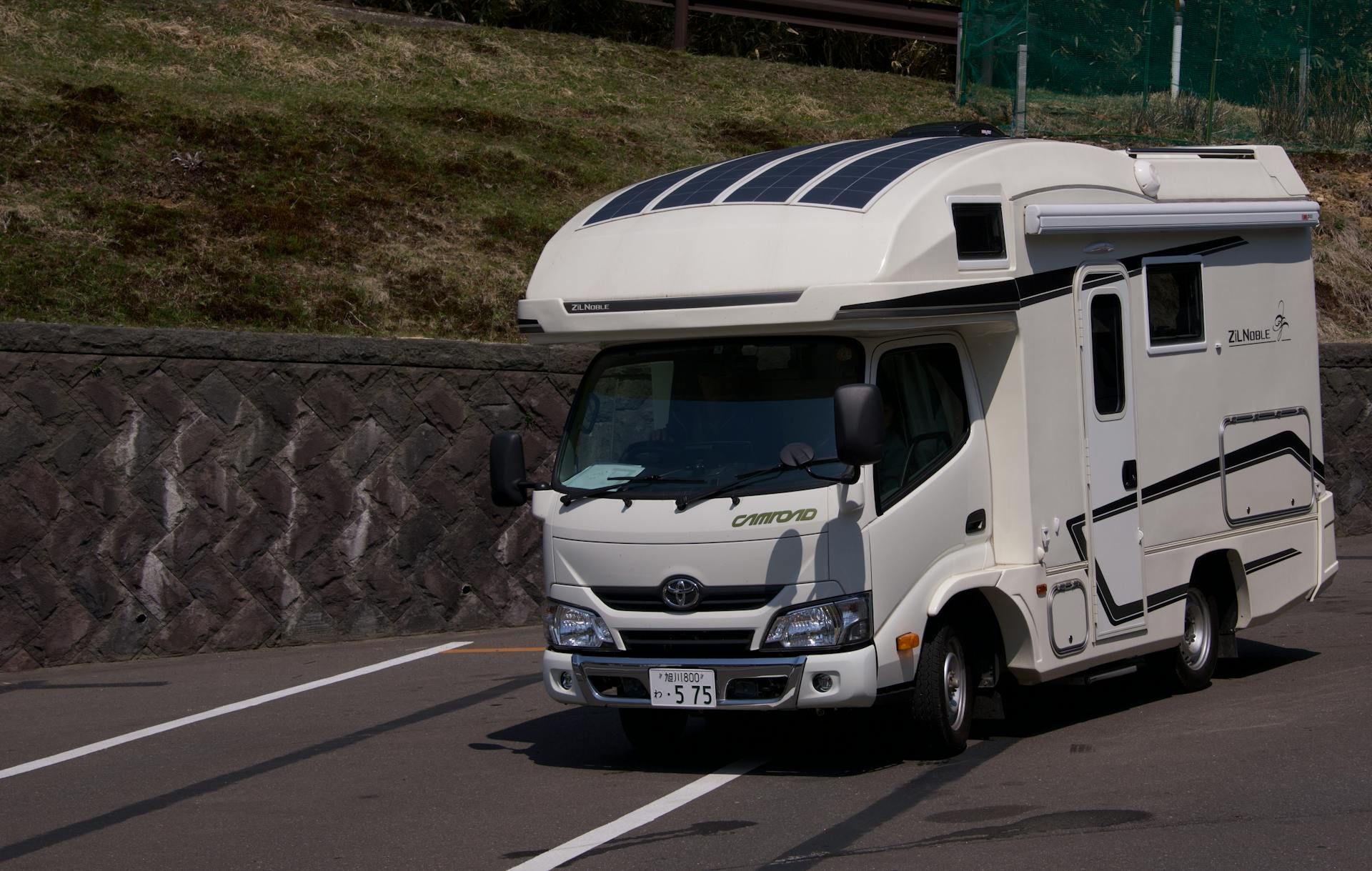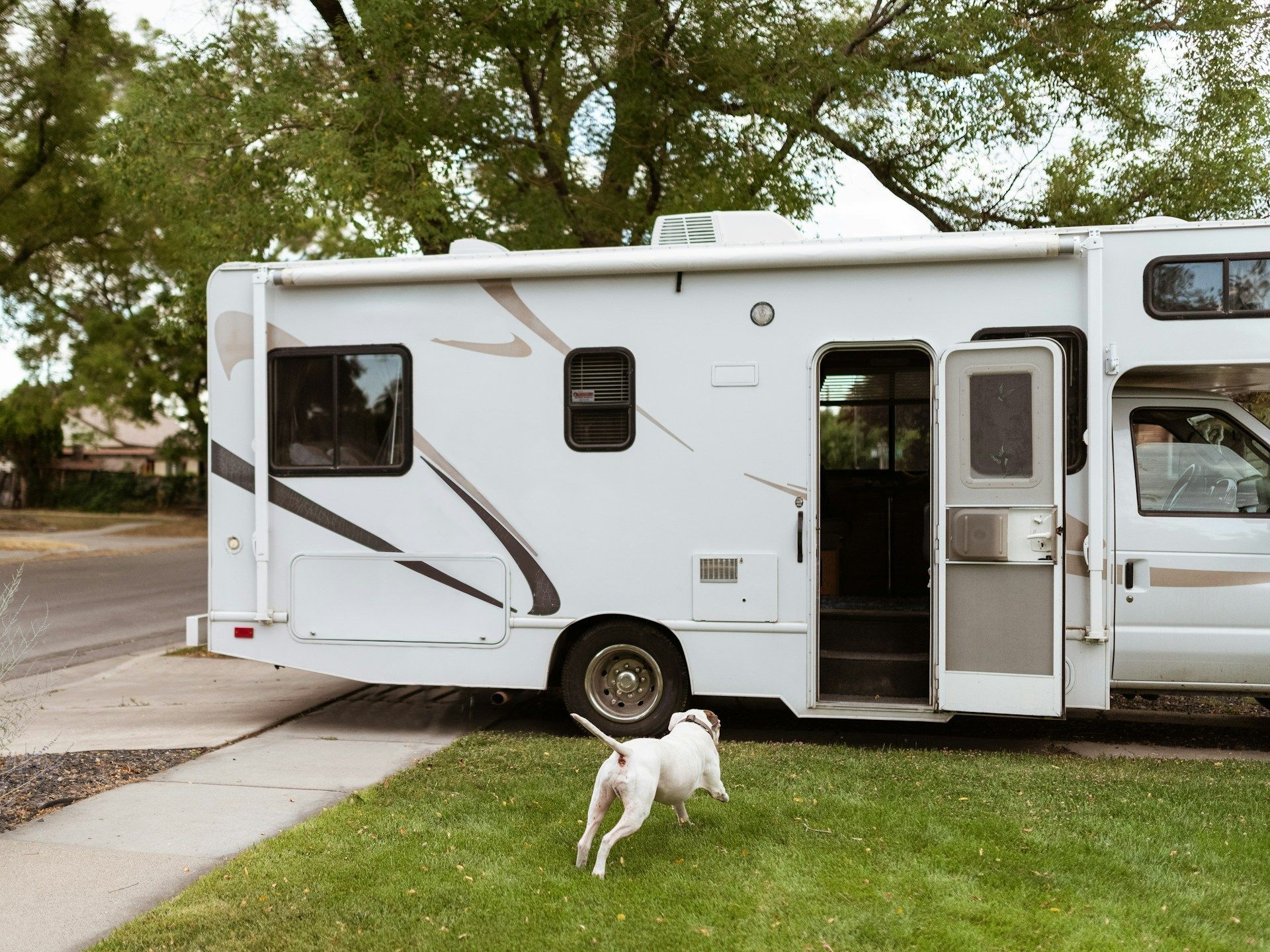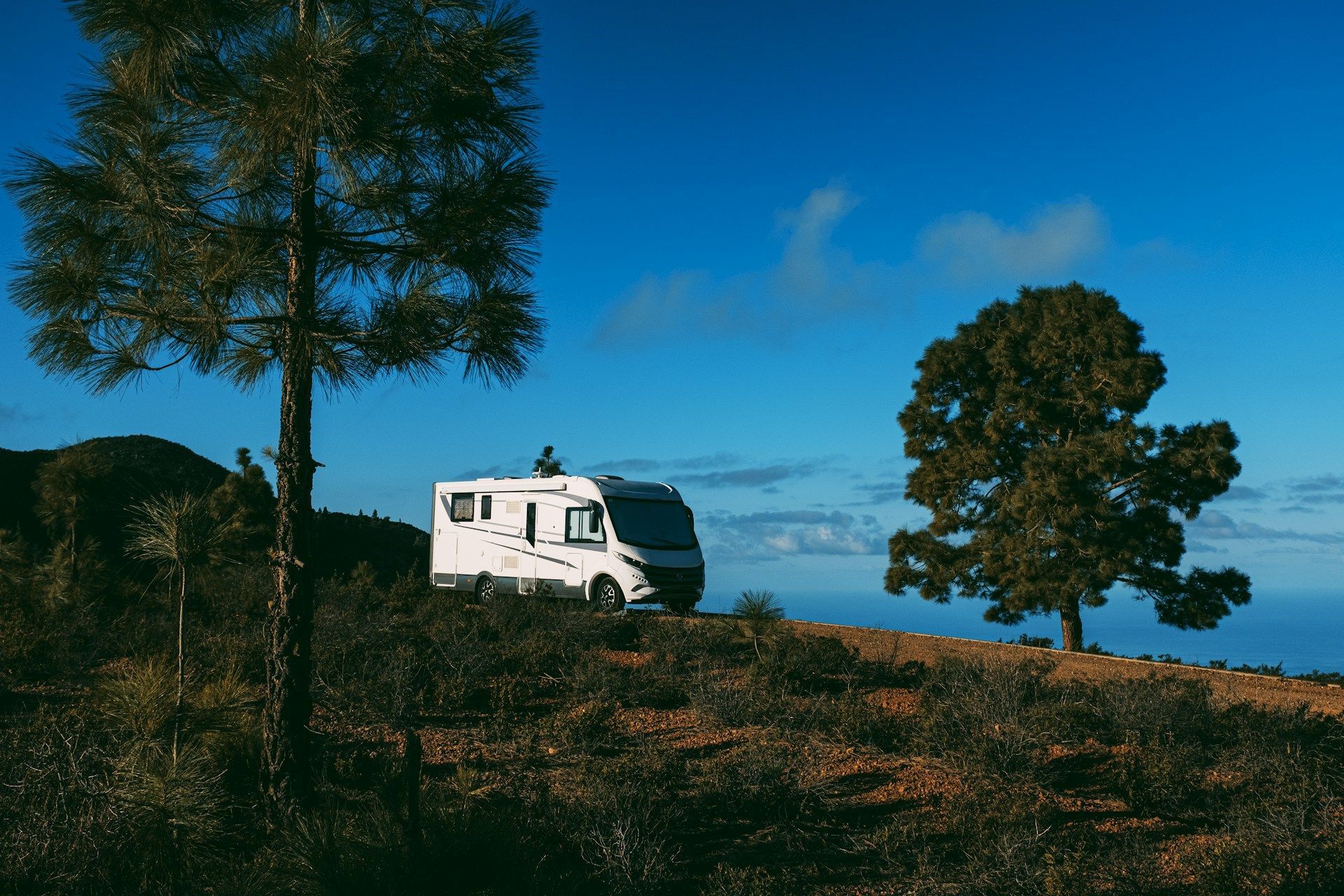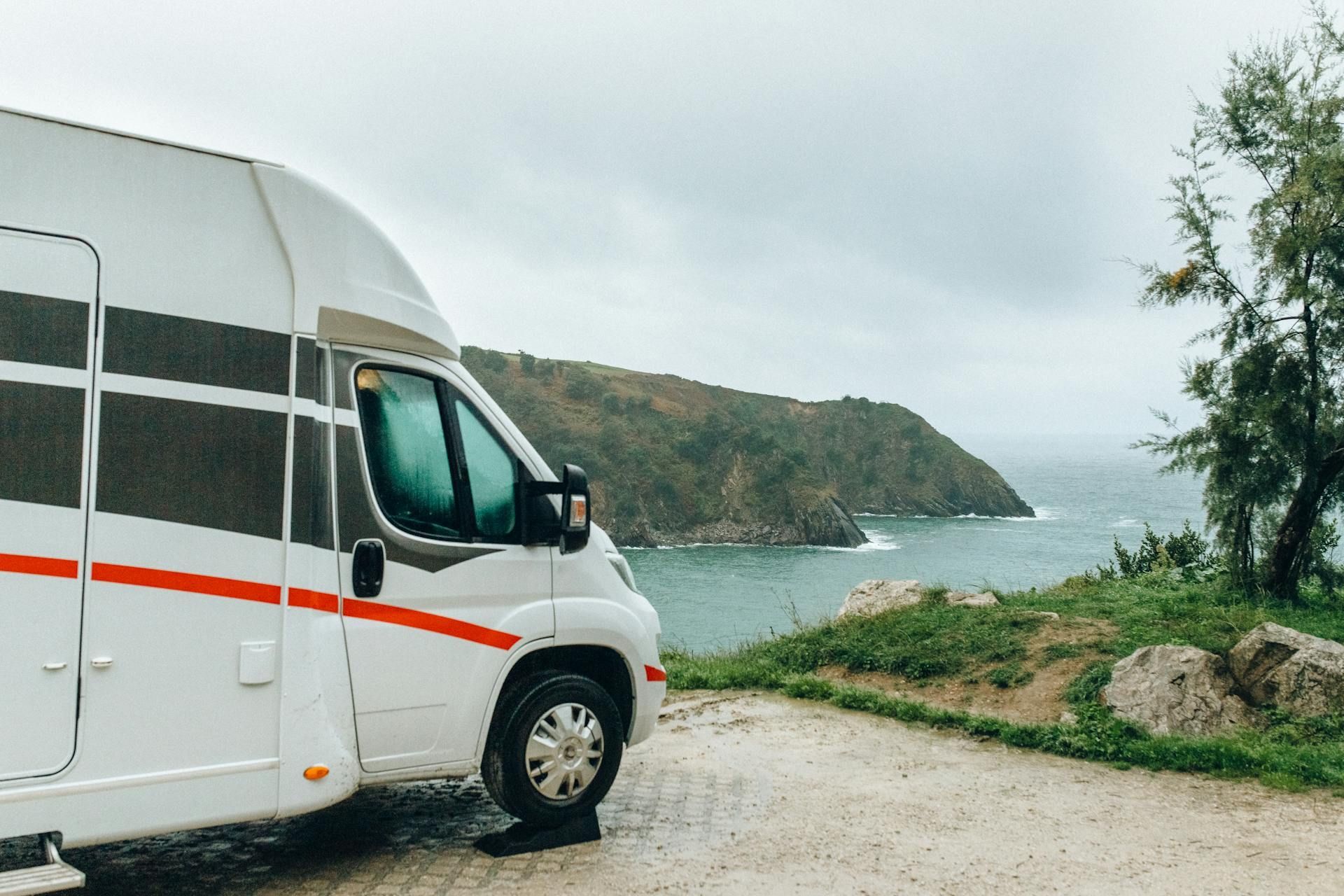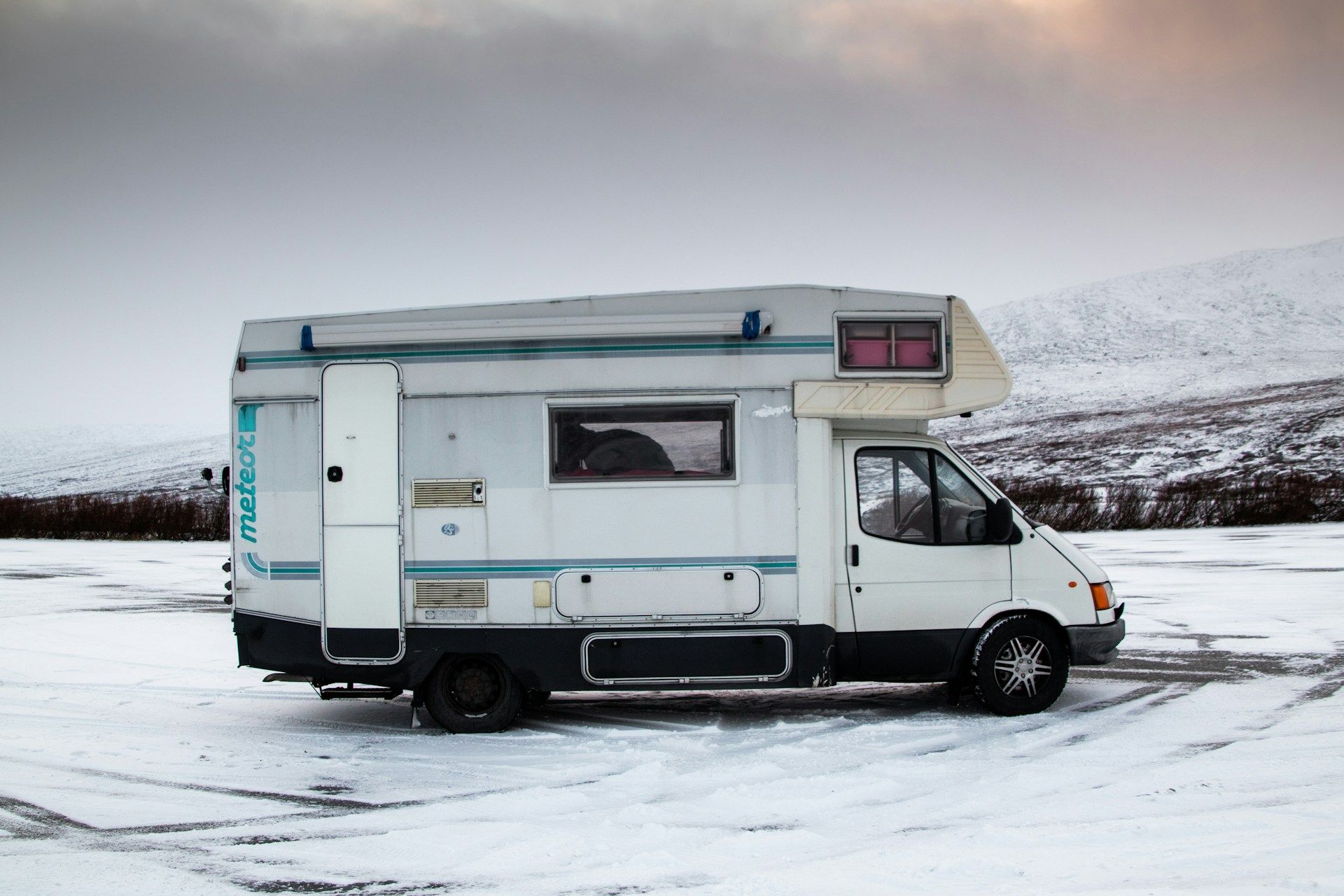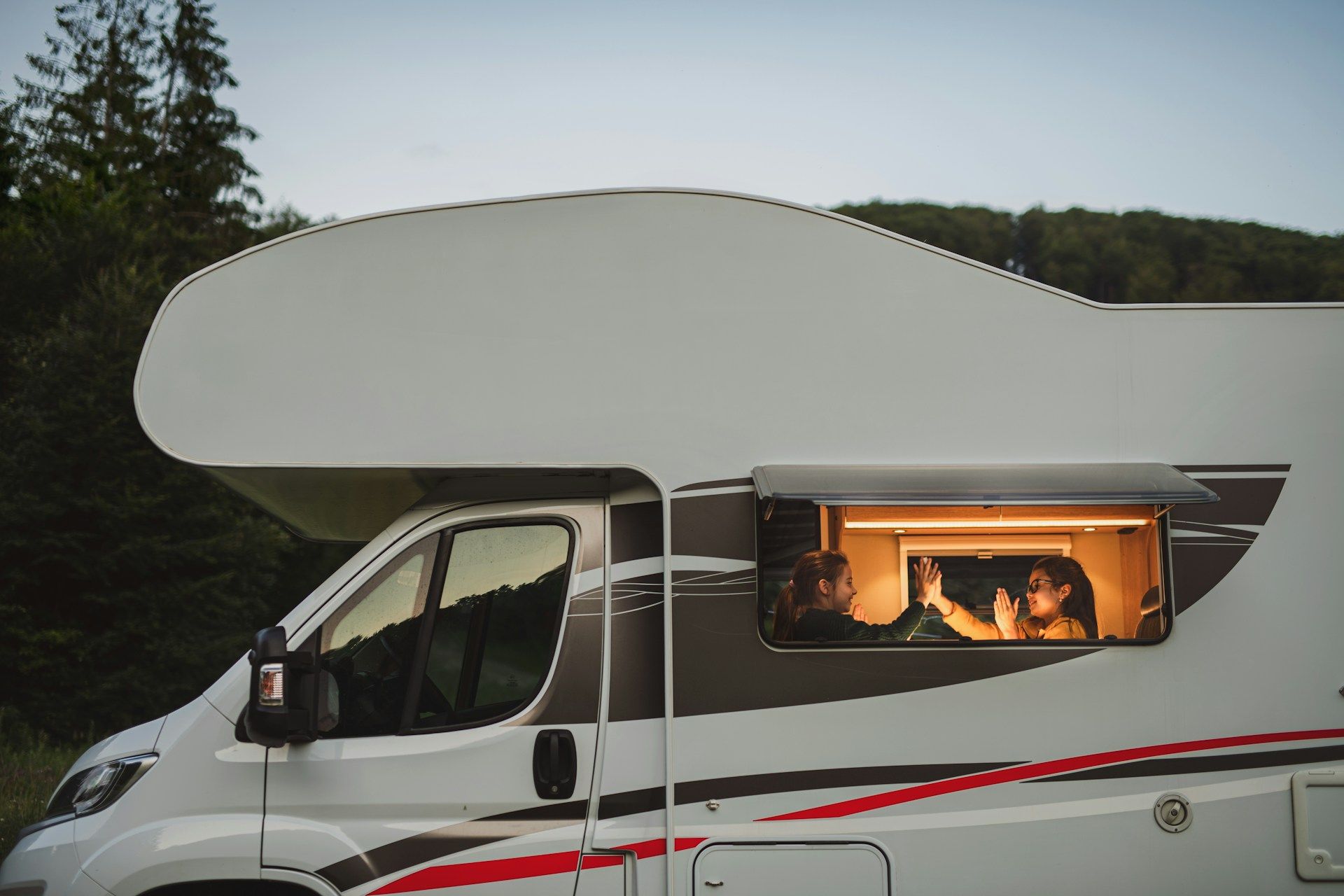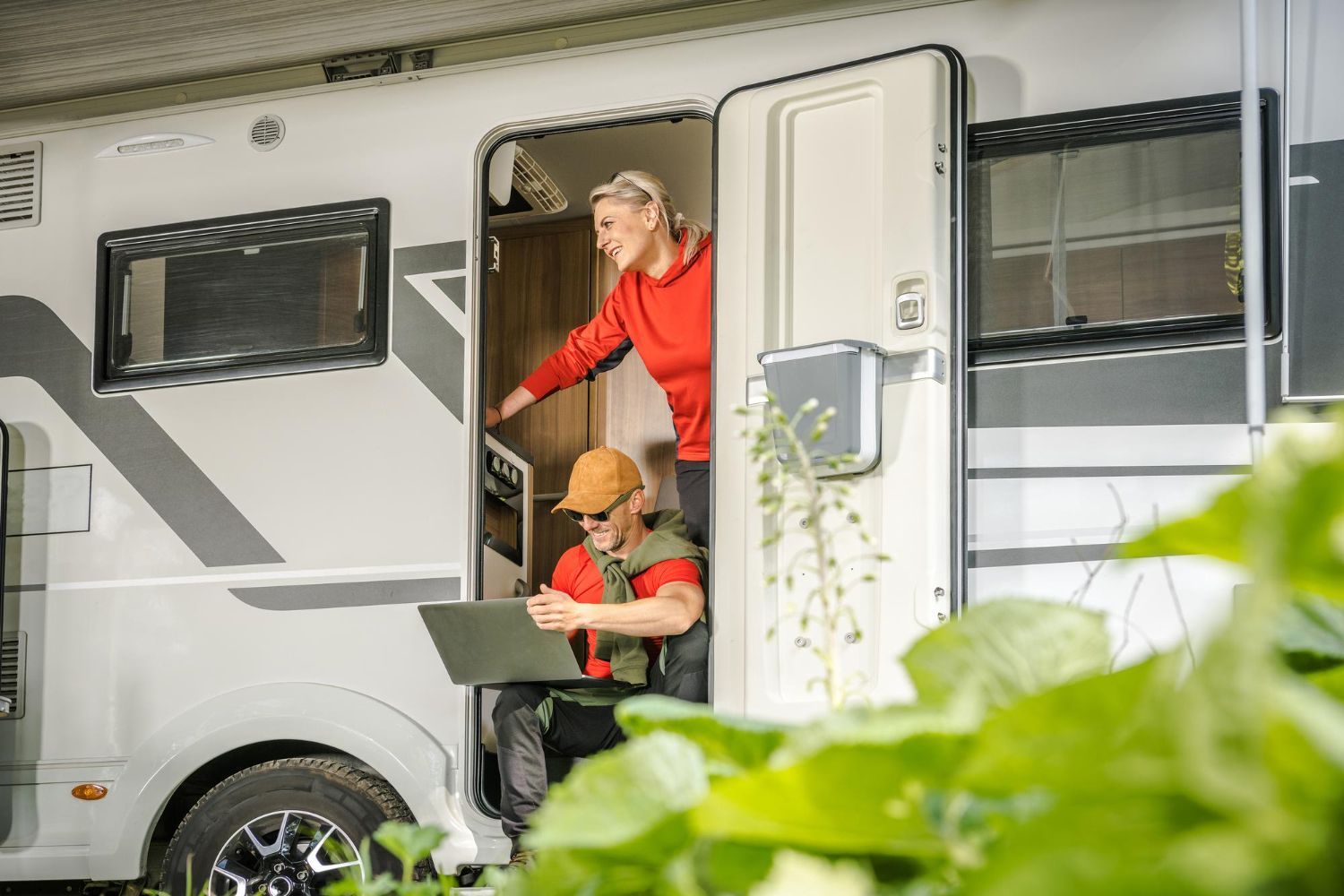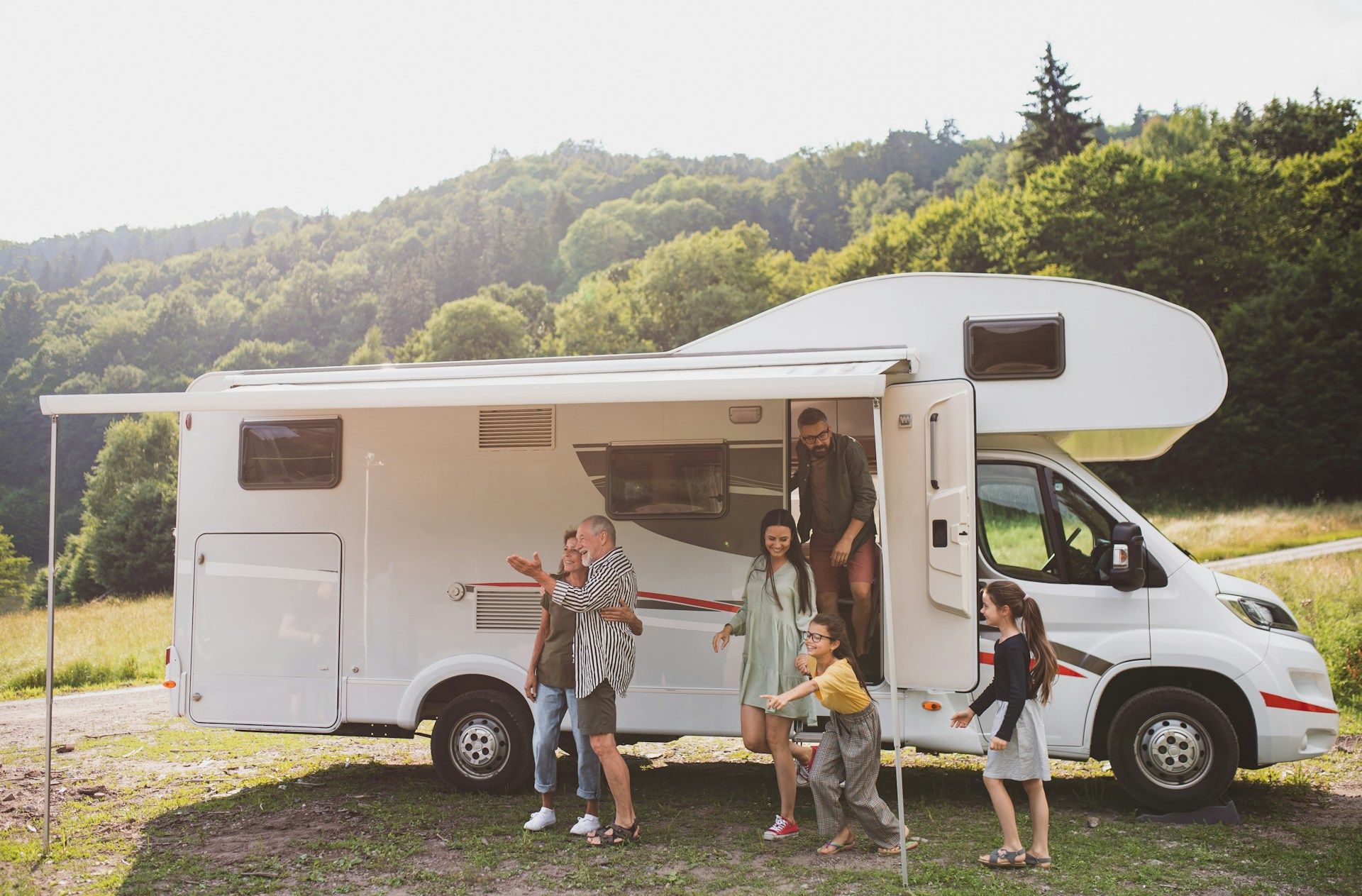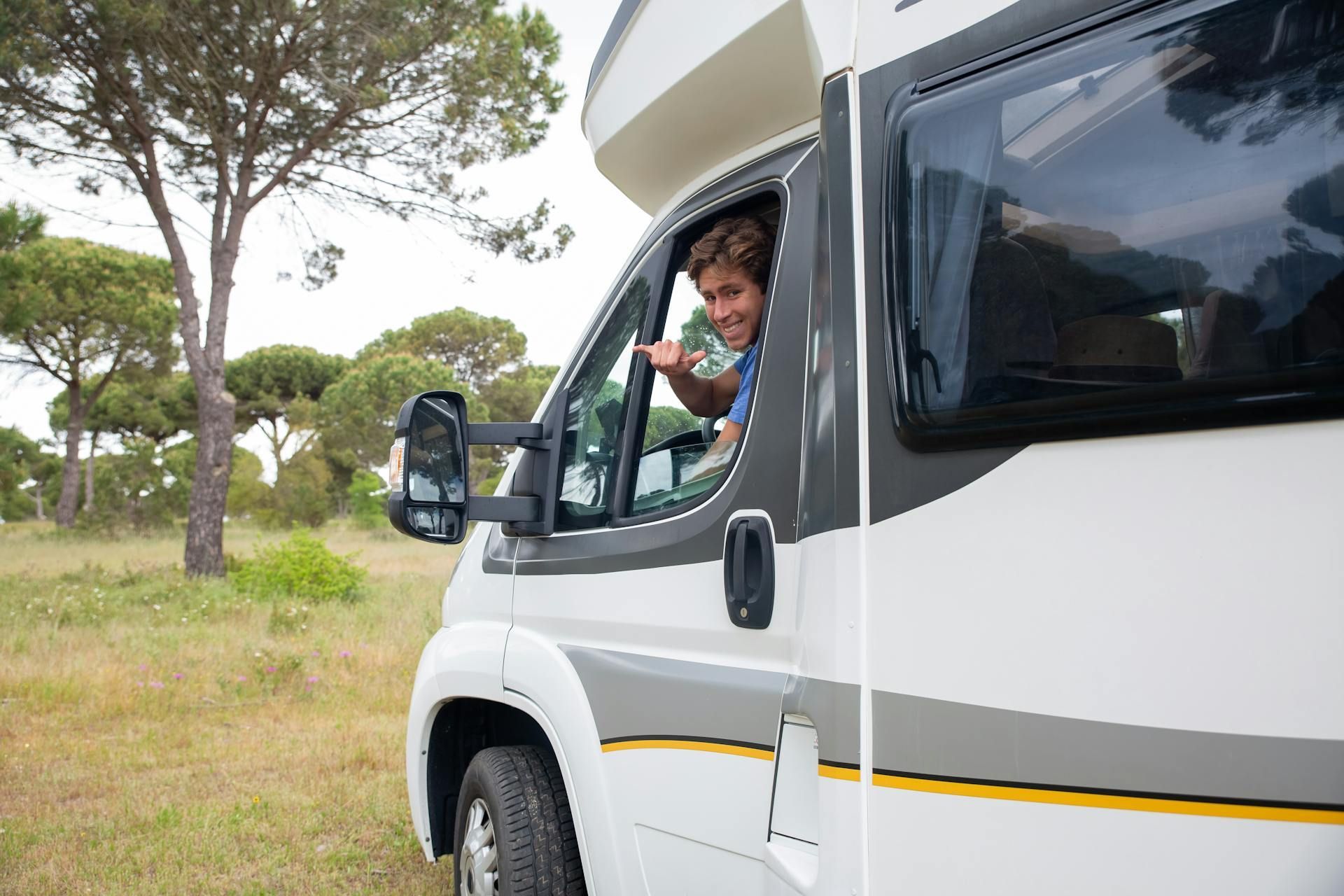What Are the Different Types of RVs?
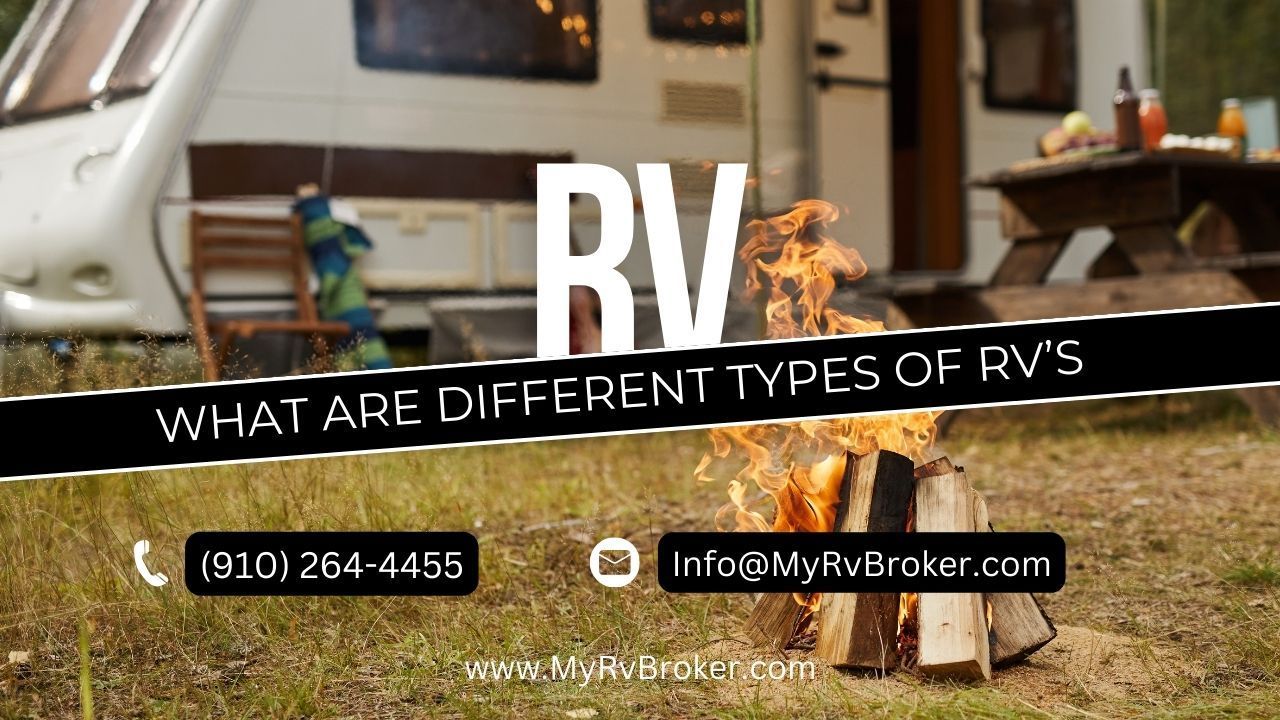
Recreational vehicles, more commonly known as RVs, come in a wide variety of styles to suit different needs and budgets for camping and road trips. With so many options available, it can get confusing trying to understand the differences between travel trailers, fifth wheels, toy haulers, pop-up campers, truck campers, and more. This guide breaks down the key features and considerations for the major RV types so you can find the best recreational vehicle for your next adventure.
Travel Trailers
Travel trailers are the most popular and common type of RV. They range widely in size from small lightweight models that can be towed by mid-size SUVs and trucks to larger units over 30 feet long that require a heavy-duty tow vehicle.
Key Features:
- Hard-sided walls when set up for camping
- Sleeping for 2-8+ people depending on size
- Kitchen, dining, living, and bathroom facilities
- Can be connected to campground electrical, water, and sewer hookups
- The interior height allows easy standing and moving around
Travel trailers offer comfortable living accommodations and can be found at relatively affordable price points compared to other RV types. They do not have a built-in vehicle for transport so require an adequate tow vehicle.
Fifth Wheel Trailers
Fifth-wheel trailers connect to a special hitch mounted in the bed of pickup trucks rather than being towed from a ball hitch like standard travel trailers. They take their name from an additional wheel that provides support at the front of the RV.
Key Features:
- Very spacious interiors with high ceilings
- Often include large slide-out sections to expand living space
- Require short-bed or long-bed pickup trucks for towing
- Heavier duty construction than travel trailers
- More expensive than comparable travel trailers
The main advantages of fifth wheels are the increased living space and towing stability from the central hitch mounting point compared to conventional travel trailers. They do require a truck capable of handling the large size and weight.
Toy Hauler / Sport Utility Trailers
Toy haulers or sport utility trailers have a built-in garage area with a large ramp door so you can bring along motorcycles, ATVs, snowmobiles, or other recreational gear on your camping trips. The front half of the RV features living accommodations.
Key Features:
- The cargo area in the back for storing vehicles/gear
- Option for fueling stations, tie-downs, ramp doors, etc.
- Living quarters up front like a typical travel trailer
- Heavier duty frame, axles, tires for hauling heavy loads
Toy haulers allow RVers and outdoor enthusiasts to conveniently transport big toys and equipment to remote destinations. They require an especially robust tow vehicle to handle the weight.
Pop Up Campers
Pop-up campers, also sometimes called fold-down trailers or tent trailers, feature canvas tent-like sides that collapse down for easy towing and expand out once parked at the campsite. Hard-sided pop-ups with vinyl or aluminium walls are also available.
Key Features:
- Canvas or hard sides that fold down when traveling
- Bunk beds and kitchen facilities
- Sleeps 2-8 people depending on size
- Very lightweight construction compared to other RVs
- More affordable price points for buyers
Pop-up campers provide a step up from tent camping with amenities like beds, tables, and counter space while still being compact and lightweight. They are a very beginner-friendly style of RV but do require set up at each campsite.
Truck Campers
Truck campers are essentially hard-sided tents on wheels designed to sit in the bed of pickup trucks. They slide in and out of the truck bed and use the vehicle itself for transportation.
Key Features:
- Made specifically for pickup truck beds
- Hard or soft sides available
- Compact, lightweight construction
- Sleeping for 2-4 people
- Limited space for amenities
Truck campers offer a flexible and maneuverable camping option using your existing pickup. However, they do not provide as much interior living space as other RV categories. You need to ensure your truck has the payload capacity to handle the added weight.
Class A Motorhomes
Class A RVs, also called motor coaches, are luxurious self-contained homes on wheels built on a bus-style chassis. They have an enclosed driving and living area and are the largest type of motorhome.
Key Features:
- Expansive living space with slide-outs
- Full bathroom with shower
- Sleeping for 4-6 people
- Generator, appliances, entertainment systems
- Excellent amenities for full-time living
With luxurious finishes and high-end features, Class A motorhomes provide a comfortable on-the-road home base for extended RV travel and full-timing. They come at a premium price point and require special licensure to drive.
Class B Camper Vans
Class B RVs, also known as camper vans, are converted vans with sleeping, kitchen, and bathroom facilities inside. They are much smaller than a typical RV but allow flexible transportation and parking compared to larger motorhomes.
Key Features:
- Built on a van chassis
- Have a motor and drivetrain for traveling
- Contains basic living amenities
- Compact size for easy driving/parking
- Sleeps 2-4 people
Camper vans make traveling by RV accessible for people who don't require a lot of space. They can access many everyday parking lots unlike huge Class A motorhomes. The compact design does limit living and storage capacity compared to bigger RV options.
Class C Motorhomes
Spanning the middle ground between Class A coaches and Class B vans, Class C RVs are moderately-sized motorhomes built on a truck chassis. They have an attached cab with an entrance to a living area in the back.
Key Features:
- One compact living area
- Sleeping for 4-6 people
- Bathroom with shower
- Kitchen and dining facilities
- Generator and appliance systems
- Maneuverable size compared to huge Class A's
Offering a balance of interior space and drivability, Class C motorhomes are a popular choice for family travel. They provide more amenities than a conversion van but are not as challenging to park and navigate as the massive Class A coaches.
Key Considerations Choosing an RV
With so many RV configurations available today, it's important to weigh your intended use, budget, tow vehicle capabilities, and other factors when deciding on a recreational vehicle for purchase. Key considerations include:
- Camping Style: Backroad exploration or luxury destination resort? Boondocking off-grid or full hookup sites? The RV type should match your camping priorities.
- Number of People/Pets: Make sure to choose an RV with adequate sleeping capacity, seating, and overall space for everyone in your group.
- Towing Vehicle: Fifth wheels and travel trailers require an adequate tow vehicle like a heavy-duty pickup. This can add to costs.
- Total Budget: RVs range from modest pop-ups under $10k to luxury motorhomes over $500k. Set realistic expectations based on your budget.
- Frequency of Use: For full-time living, a Class A or Class C may make more sense. For occasional vacations, a trailer could be a better fit.
- Ease of Use: New RVers may want to start simple with a small trailer, truck camper, or pop-up that requires little upkeep.
Carefully weighing these factors and test-driving different RV floorplans is key to picking your perfect recreational home on wheels. The ideal option comes down to your travel lifestyle and preferences.
Find the Right RV for You
Recreational vehicles open new worlds of adventure, travel flexibility, and comfort. With so many types and variations available today, you can find an RV perfectly tailored to your needs and budget. Carefully considering how and where you want to use your RV is crucial to picking the best option. Weigh factors like sleeping capacity, amenities, drivability, and ease of use when researching the many types.
Ready to buy or rent your dream RV? The expert team at
myrvbrokercan guide you through types, floorplans, and features to find your perfect match. Browse our extensive rental fleet or
contact us today to get started.
Download The Free
Guide Below!
We've created this free guide to show you the top 5 facts that will help you when looking for your next RV.


